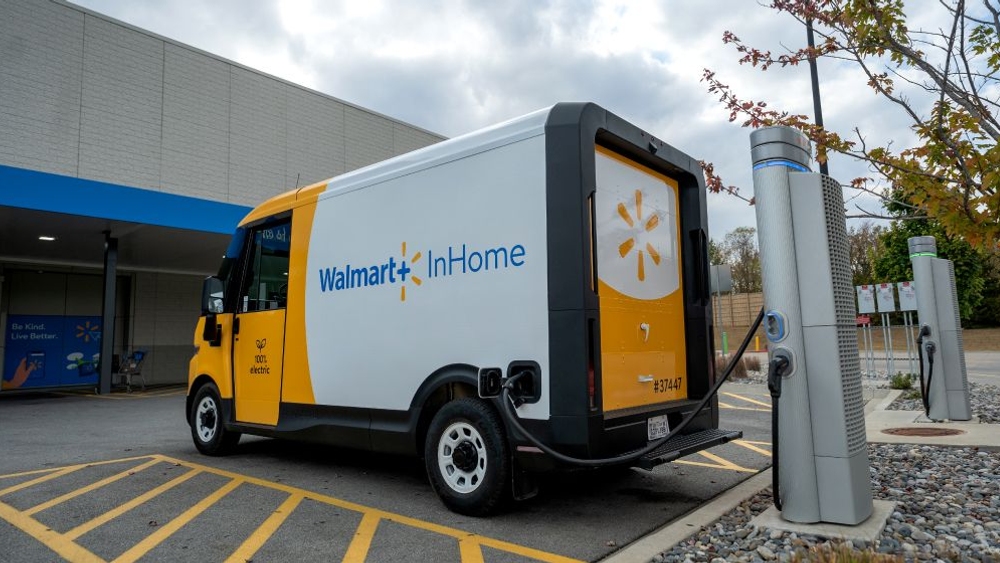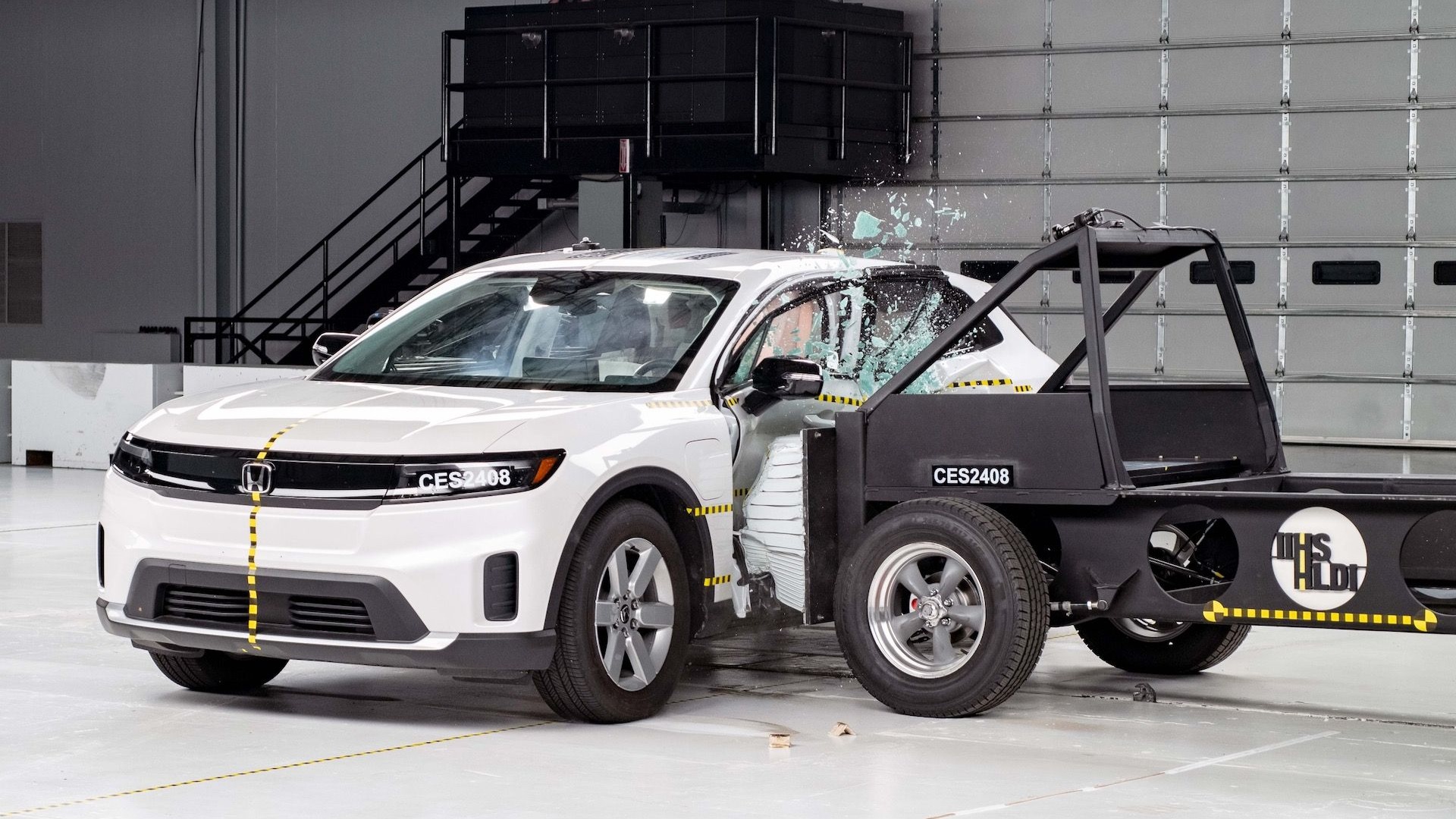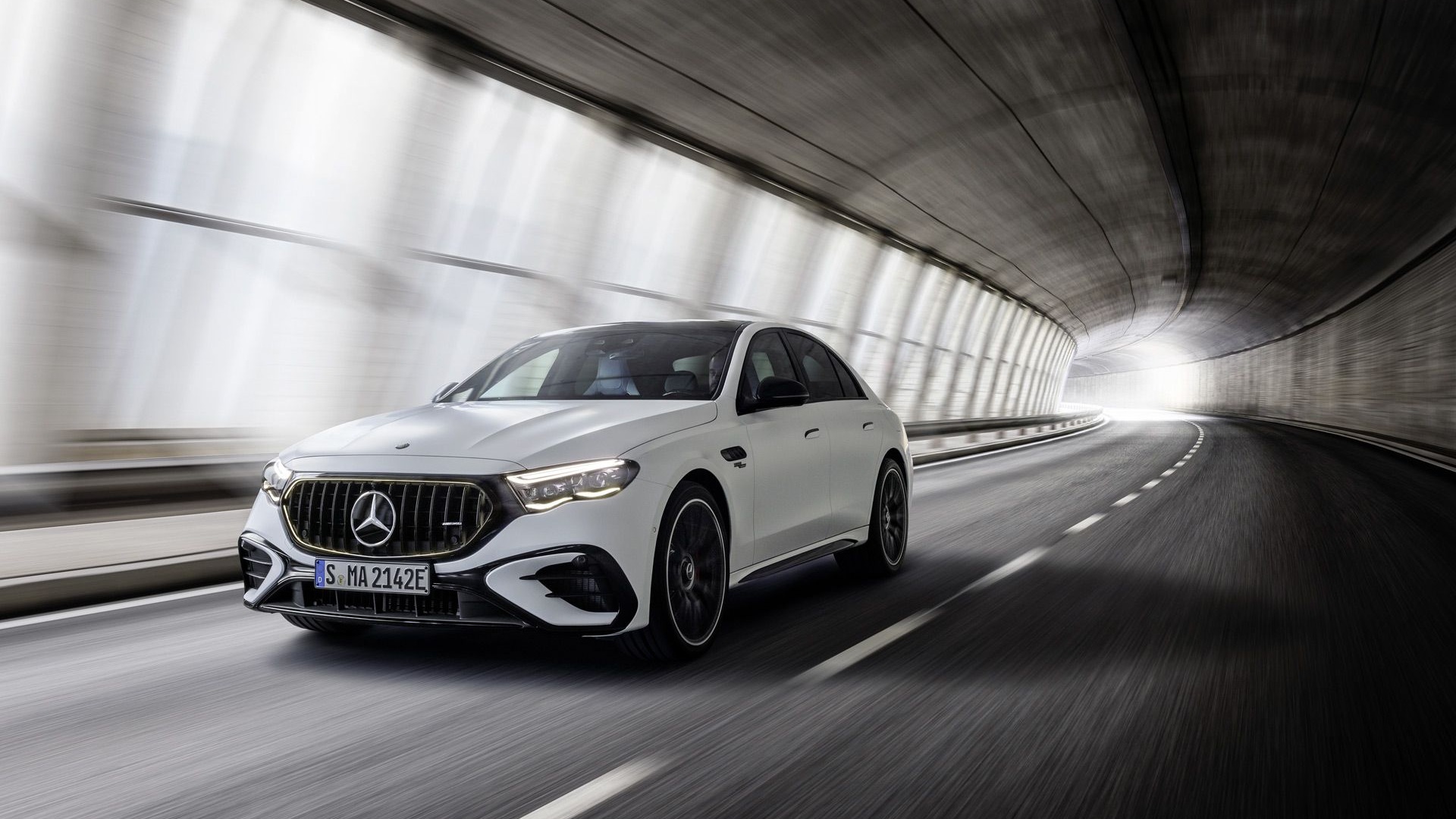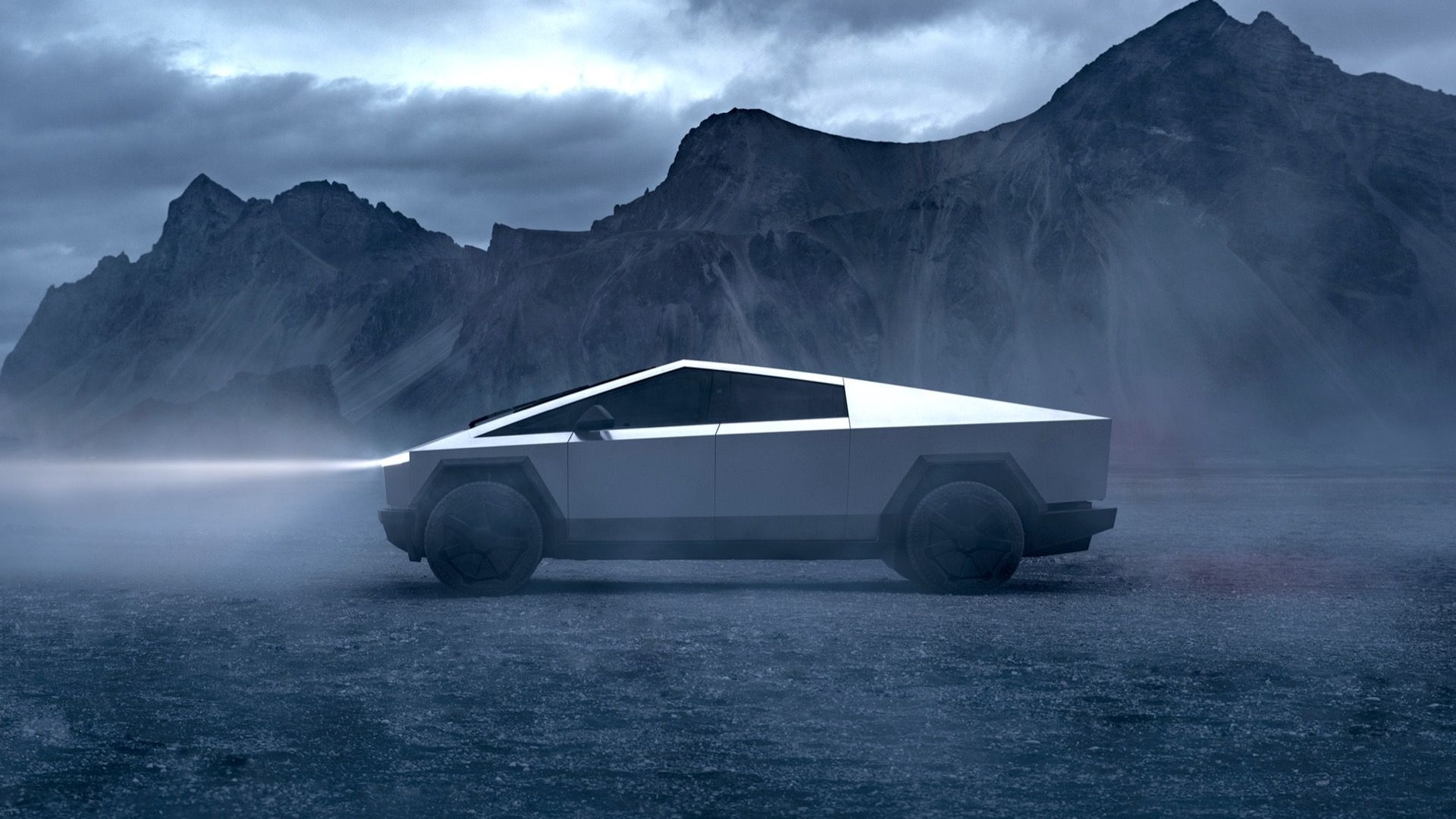Roadmaps aren't inherently sexy, unless you're lost and hungry. But when they demonstrate plausible visions for the future, they can be well worth reading.
Today, a group of 13 CEOs and board chairmen from a broad range of companies announced that they've formed the not-for-profit Electrification Coalition.
Electric cars from major makers
Their companies include automakers, lithium cell makers, electric utilities, venture capital firms, even FedEx, which operates one of the world's largest fleets of delivery vehicles.
Among them is Nissan, whose CEO Carlos Ghosn approved development of the 2012 Nissan Leaf electric hatchback. Along with the 2011 Chevrolet Volt, it will be among the first production electric cars released by major automakers in almost a century.
Roadmap: Laying it all out
The Coalition's first action was to release its Electrification Roadmap, a 91-page document with specific policy proposals to make it easier to get larger numbers of electric vehicles onto U.S. roads faster.
The Roadmap lays out in detail the environmental, national security, and economic risks of our current dependence on oil for virtually all of our transportation. It describes the benefits of electrifying some vehicles, and looks at the challenges facing electric cars today.
Goal: 75 percent EVs in 30 years
Its goals are aggressive. In 30 years, it proposes, fully three-quarters of passenger vehicle miles traveled in the U.S. should be powered electrically. Among other effects, based on its projections, this would effectively reduce U.S. oil imports to zero.
To kickstart the process, the Roadmap proposes creating "electrification ecosystems," regions where all the elements for electric cars exist. This will give car buyers confidence that they're not just buying a niche product, but a car they can use widely within its limits.
Volt, Leaf to launch regionally
This is starting to happen already, of course. General Motors has announced it will launch the 2011 Volt in regions with public chargers, special utility rates, and other necessary infrastructure.
Similarly, Nissan will launch the Leaf regionally. Its "Zero Emission Tour" is previewing the 2012 Leaf in cities and areas that Nissan feels are most likely to be receptive to electric cars.
Usual competition, or already playing catch-up?
While the 75-percent-in-30-years goal is audacious, it acknowledges that the U.S. may already be behind in planning for electric vehicles.
Over the last few years, it's become increasingly apparent that China is tilting the weight of its government and industrial policies toward making that country the world's leader in electric vehicle technology and production of both EVs and lithium-ion cells.
VCs and car cos and utilities, oh my
So the fact that such a broad range of companies from the different industries involved in electrifying transport have agreed on a roadmap indicates that corporate America recognizes the threat to the country's pre-eminence in the automotive sector.
For the record, here's the full list of executives participating in the Electrification Coalition:
- Timothy E. Conver, Chairman, President & CEO, AeroVironment, Inc.
- Peter L. Corsell, CEO, GridPoint, Inc.
- David W. Crane, President & CEO, NRG Energy, Inc.
- Kevin Czinger, President & CEO, Coda Automotive
- Peter A. Darbee, Chairman, CEO & President, PG&E Corporation
- Seifi Ghasemi, Chairman & CEO, Rockwood Holdings, Inc.
- Carlos Ghosn, President & CEO, Nissan Motor Company, Ltd.
- Ray Lane, Managing Partner, Kleiner Perkins Caufield & Byers
- Richard Lowenthal, Founder & CEO, Coulomb Technologies, Inc.
- Alex A. Molinaroli, Chairman, Johnson Controls-Saft and President, Johnson Controls Power Solutions
- Reuben Munger, Chairman, Bright Automotive, Inc.
- Frederick W. Smith, Chairman, President & CEO, FedEx Corporation
- David P. Vieau, President & CEO, A123 Systems, Inc.













